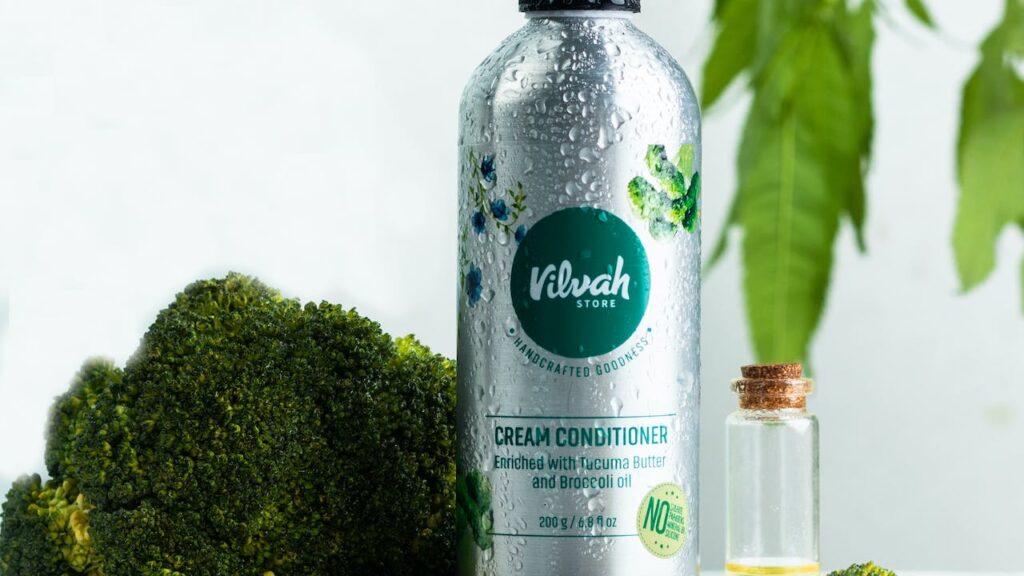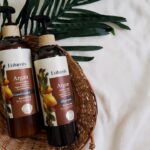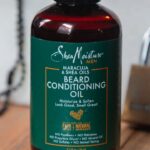Oily hair can be a persistent challenge, affecting not just the look of your hair but also how you feel throughout the day. The quest for the perfect hair care routine becomes especially intricate when it comes to choosing the right conditioner. While it’s a common belief that conditioner might exacerbate oiliness, the truth is, that even oily hair needs conditioning—provided you’re using the right products. In this comprehensive guide, we will dive deep into the world of conditioners formulated specifically for oily hair, helping you understand how they work, what ingredients to look for, and how to use them to maintain luscious, oil-free locks.
Understanding Oily Hair
Before delving into conditioners, it’s crucial to understand what causes oily hair. Sebum, the natural oil produced by the sebaceous glands in the scalp, is vital for keeping hair healthy and moisturized. However, excess sebum production can lead to oily hair. Several factors contribute to this, including genetics, hormonal imbalances, diet, stress, and improper hair care routines.
The Role of Conditioners in Managing Oily Hair
Conditioners play an indispensable role in hair care, even for those with oily hair. They help in detangling, reducing frizz, and adding moisture to the hair shaft. The key is to find conditioners that offer lightweight hydration without weighing down the hair or adding extra oil to the scalp.
Key Ingredients in Conditioners for Oily Hair
When shopping for a conditioner for oily hair, look for products that contain the following ingredients:
- Hydrolyzed Proteins: These help to strengthen hair without adding heaviness.
- Amino Acids: Building blocks of proteins that can help to fortify the hair and improve its texture.
- Botanical Extracts: Ingredients like green tea, chamomile, and aloe vera can help to soothe the scalp and regulate oil production.
- Vitamins: Vitamins B and E are often included to nourish the hair and protect it from environmental damage.
- Panthenol: A form of vitamin B5 that moisturizes the hair without leaving a greasy residue.
- Lightweight Oils: While it may seem counterintuitive, light oils like argan, jojoba, and tea tree oil can help balance the scalp’s natural oil production.
Avoiding Heavy Ingredients
Just as important as what is in your conditioner is what isn’t. Avoid heavy waxes, silicones, and mineral oils, as these can build up on the scalp and hair, making it look and feel greasier.
Proper Application of Conditioner
The application is just as vital as the conditioner you choose. Here’s how to apply conditioner to oily hair correctly:
- Wash Your Hair First: Always use a clarifying shampoo suited for oily hair before conditioning.
- Apply Mid-Length to Ends: Focus the conditioner on the mid-lengths to the ends of your hair, avoiding the scalp.
- Use Sparingly: A small amount goes a long way, especially when dealing with oily hair.
- Rinse Thoroughly: Ensure you rinse the conditioner out completely to avoid any residue.
Conditioner Formulations for Oily Hair
There are different types of conditioners available for oily hair:
- Rinse-Out Conditioners: These are standard conditioners that you apply after shampooing and rinse out after a few minutes.
- Leave-In Conditioners: Look for lightweight leave-in formulas that provide moisture without heaviness.
- Deep Conditioning Treatments: Use these sparingly, and when you do, apply only to the ends of your hair, perhaps once a month.
Tips for Managing Oily Hair
Beyond selecting the right conditioner, here are additional tips for managing oily hair:
- Regular Washing: Use a gentle, sulfate-free shampoo to avoid stripping the scalp and triggering more oil production.
- Balanced Diet: Eat a balanced diet rich in vitamins, minerals, and antioxidants to nourish your hair from the inside out.
- Limit Hair Touching: The more you touch your hair, the more oil you’re likely to introduce from your hands.
- Use Dry Shampoo: On no-wash days, use a dry shampoo to absorb excess oil at the roots.
Choosing the right conditioner for oily hair might seem daunting, but understanding your hair’s needs and the ingredients that can meet them makes all the difference. Look for lightweight, nourishing formulas that balance moisture without adding weight or grease. Remember, the right conditioner is a crucial step in achieving the bouncy, oil-free hair you desire.







